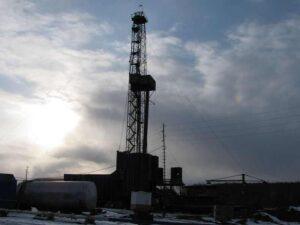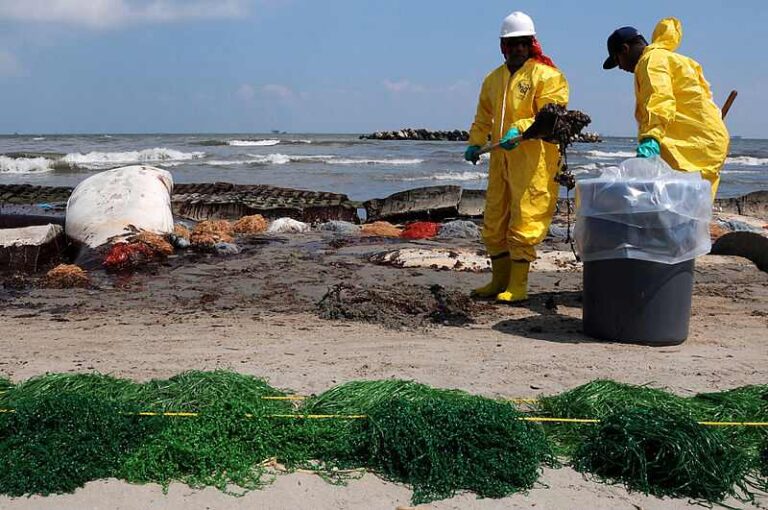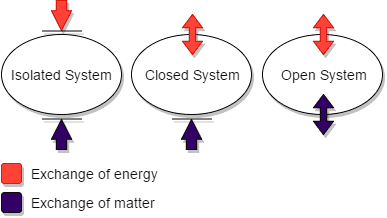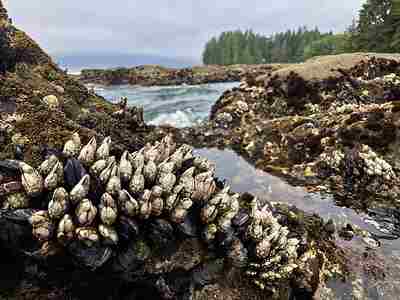5 Environmental Science Issues Explained
Environmental science issues are; environmental degradation, resource depletion, waste management, urbanization, and hazard mitigation.
This article discusses the core environmental science issues, as follows;
1). Environmental Degradation (as one of the Environmental Science Issues)
The concept of environmental degradation in environmental science refers to a decline in quality of soil, water and air, due to abstraction of resources, alteration of physicochemical conditions and introduction of harmful materials.
It is one of the most important concepts among environmental science issues, and covers several well-known phenomena that pose a threat to the sustainability of the ecosystem.
The issues of environmental degradation itself are concerned with how it affects biotic and abiotic factors in the ecosystem, which include its impact on biodiversity, habitat and food availability, among others.
Three main types of environmental degradation may be identified, and these are; soil, water and air degradation. The categorization is based on the three media that can be used to evaluate environmental impacts of any degrading event, so that it is in line with similar groupings like soil, water and air pollution.
Examples of environmental degradation are pollution, global warming, ozone layer depletion, climate change, ice melting, acid rain, ocean acidification, marine pollution, oil spill, and desertification.
In any comprehensive study of environmental degradation, its causes, effects, and related concepts are usually discussed as well. Some of these are; urbanization, energy consumption, extinction, biodiversity loss, and intensive agriculture [1].
Environmental degradation is closely linked to other environmental science issues, which are discussed in the following sections of this article.
2). Resource Depletion
Resource depletion in environmental science is a phenomenon whereby resources are consumed at a rate much higher than that at which they are replenished [2].
The phenomenon of resource depletion mostly affects non-renewable natural resources like fossil fuels, because these resources are not replenished rapidly in nature.
However, renewable resources like water can also be affected by resource depletion, especially in areas where potable water is not available in large quantity.
Causes of resource depletion are; overpopulation, economic growth, rapid energy exploration and consumption, and unsustainable agriculture.
This means that the problem(s) of resource depletion can be addressed using a combination of measures like energy conservation, sustainable manufacturing, recycling, sustainable agriculture, and circular economic development.
Examples of resource depletion include soil nutrient depletion, oil reserve shrinkage, deforestation, and water over-abstraction.
The major environmental issues associated with resource depletion are; soil productivity loss, habitat destruction, climate change, pollution, and general loss of ecological equilibrium.

3). Waste Management (as one of the Environmental Science Issues)
Waste management in environmental science is the controlled handling of waste materials from human activity, in such a manner that the environmental and ecological impacts of such waste are mitigated.
Types of waste management include; waste destruction, waste recycling, and waste-to-energy conversion.
Under these types, there are various methods of waste management like; incineration, landfilling, composting, anaerobic digestion and torrefaction.
The issue of waste management is important in environmental science because it plays a major role in determining the overall quality and safety of the environment, the conservation or depletion of resources, biodiversity and organic survival.
4). Urbanization
Urbanization in environmental science refers to the phenomenon whereby large populations become concentrated within a given geographic area.
It is important within this context due to its effects on the environment, and its close ties with other environmental issues.
Effects of urbanization on the environment are; resource depletion, pollution, habitat destruction, and loss of ecologic equilibrium. These effects all arise from the fact that urbanization increases regional population, and is accompanied by an increase in impactful human activities like industrial development [3].
Urbanization is closely linked to other environmental and ecologic issues like; deforestation, overpopulation, and loss of biodiversity.
5). Hazard Mitigation (as one of the Environmental Science Issues)
Mitigation of environmental hazards refers to all measures and steps taken to either prevent hazards or reduce their impacts on the ecosystem.
The term 'hazards' here includes anthropogenic and natural hazards like pollution, earthquake, tsunamis, landslides, and flooding.
Ways to mitigate hazards include proactive measures like land-use planning, policy development, and construction of engineering structures like water dams and retaining walls, to prevent or resist hazard devastation.

Conclusion
Environmental science issues are;
1. Environmental Degradation
2. Resource Depletion
3. Waste Management
4. Urbanization
5. Hazard Mitigation
References
1). Choudhary, M. P.; Chauhan, G. S.; Kushwah, Y. K. (2015). "Environmental Degradation: Causes, Impacts and Mitigation." National Seminar on Recent Advancements in Protection of Environment and its Management Issues (NSRAPEM-2015), Maharishi Arvind College of Engineering and Technology, Kota, Rajasthan, India. Available at: https://www.researchgate.net/publication/279201881_Environmental_Degradation_Causes_Impacts_and_Mitigation. (Accessed 17 February 2023).
2). Mittal, I.; Gupta, R. K. (2015). "Natural Resources Depletion and Economic Growth in Present Era." Available at: https://papers.ssrn.com/sol3/papers.cfm?abstract_id=2920080. (Accessed 17 February 2023).
3). Uttara, S.; Bhuyandas, N.; Aggarwal, V. (2012). "Impacts of urbanisation on environment." Available at: https://www.researchgate.net/publication/265216682_Impacts_of_urbanisation_on_environment. (Accessed 17 February 2023).





